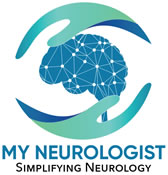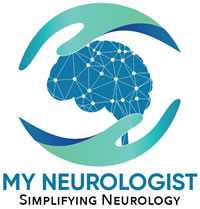What is vestibular neuritis?
It is an inflammation of the vestibular nerve, or the vestibular system. The cause of inflammation may be a viral or an immune reaction.
What are symptoms of vestibular neuritis?
Its typical symptoms are dizziness with vertigo type feeling, nausea and vomiting. Hearing is not affected. Compared to BPPV, which causes brief episodes of dizziness, vestibular neuritis causes continues feeling of dizziness that may last for days, sometimes much longer.
How is vestibular neuritis diagnosed?
It is diagnosed based upon its typical symptoms and signs, while lacking some other symptoms and signs. For example:
A: Dizziness or vertigo lasts longer, unlike BPPV (seconds to minutes) or Meniere’s disease (minutes to hours).
B: Hearing is not affected.
C: There are no signs of a definite brain involvement, such as double vision, difficulty speaking, numbness, or paralysis.
D: Neurological examination is normal.
E: A particular type of nystagmus (eye jerking) may be present.
How is vestibular neuritis treated?
Treatment is supportive. A medicine for nausea may be required. Patient is asked to use common sense to avoid any falls. Vestibular rehab exercises may also help.
Where can get more information about vestibular neuritis?
American Academy of Neurology
American Otolaryngology Society


Leave a Reply
Your email is safe with us.
You must be logged in to post a comment.